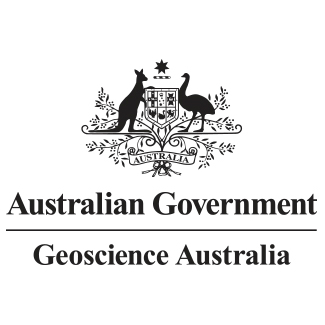Full description
This resource contains surface sediment data for Bynoe Harbour collected by Geoscience Australia (GA), the Australian Institute of Marine Science (AIMS) and Department of Land Resource Management (Northern Territory Government) during the period from 2-29 May 2016 on the RV Solander (survey SOL6432/GA4452). This project was made possible through offset funds provided by INPEX-led Ichthys LNG Project to Northern Territory Government Department of Land Resource Management, and co-investment from Geoscience Australia and Australian Institute of Marine Science. The intent of this four year (2014-2018) program is to improve knowledge of the marine environments in the Darwin and Bynoe Harbour regions by collating and collecting baseline data that enable the creation of thematic habitat maps that underpin marine resource management decisions. The specific objectives of the survey were to:1. Obtain high resolution geophysical (bathymetry) data for outer Darwin Harbour, including Shoal Bay;
2. Characterise substrates (acoustic backscatter properties, grainsize, sediment chemistry) for outer Darwin Harbour, including Shoal Bay; and
3. Collect tidal data for the survey area. Data acquired during the survey included: multibeam sonar bathymetry and acoustic backscatter; physical samples of seabed sediments, underwater photography and video of grab sample locations and oceanographic information including tidal data and sound velocity profiles.
This dataset comprises total chlorin concentrations, chlorin indices and porosity measured on seabed sediments.
A detailed account of the survey is provided in Siwabessy, P.J.W., Smit, N., Atkinson, I., Dando, N., Harries, S., Howard, F.J.F., Li, J., Nicholas W.A., Picard, K., Radke, L.C., Tran, M., Williams, D. and Whiteway, T., 2016. Bynoe Harbour Marine Survey 2017: GA4452/SOL6432 Post-survey report. Record 2017/04. Geoscience Australia, Canberra.
Thanks to the crew of the RV Solander for help with sample collection, Matt Carey, Craig Wintle and Andrew Hislop from the Observatories and Science Support at Geoscience Australia for technical support and Jodie Smith for reviewing the data. This dataset is published with the permission of the CEO, Geoscience Australia
Lineage
Maintenance and Update Frequency: asNeededCreated: 19 12 2016
Issued: 20 04 2017
Data time period: 2016 to 2016
text: westlimit=130.26486; southlimit=-12.63555; eastlimit=130.55103; northlimit=-12.52312
User Contributed Tags
Login to tag this record with meaningful keywords to make it easier to discover
Download the data (xlsx)
url :
https://d28rz98at9flks.cloudfront.net/103443/103443_Porosity_Chlorins_SOL6432.xlsx![]()
Link to collection record
- DOI : 10.4225/25/58F98AC5C640F

- URL : pid.geoscience.gov.au/dataset/ga/103443

- global : 32cd13b3-9d5b-4690-8234-a27110dab931


